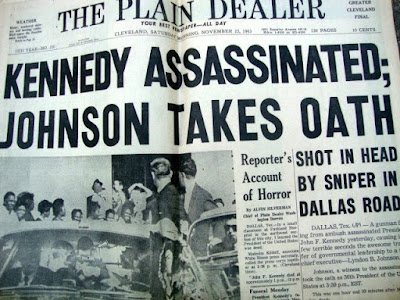"The war is not meant to be won but to be continuous."
--George Orwell, 1984
In a year of appalling behavior by armed governments, this week's news from Ukraine was deeply disturbing.
Over the weekend, President Biden gave Ukraine permission to fire long-range missiles into Russia. On Monday, the missiles were fired, thereby escalating tensions. Next, President Biden gave Ukraine permission to use land mines extensively on its Eastern front. Despite our full awareness of the harm they do to innocent civilians, we're already leaping gung ho into sending these widely condemned weapons.
The minute I heard this news I thought of all the work the late Lady Diana did to raise awareness about the horrors wrought by land mines. What is wrong with us? Have we learned nothing?
Evidently Russia has been mining areas of Ukraine. (Landmines, not mining for minerals.) So our response is to make still more areas unsafe for civilians.
Landmines can remain active for an indefinite period of time, meaning they can potentially stay lethal for decades or even longer until they are detonated or defused, as they don't have an expiration date and can lie dormant until triggered by pressure or movement; this is why they pose a danger long after conflicts end. This is why Lady Di was such a strong advocate against. their use.
According to one source there have been 15,000 to 20,000 people killed or maimed annually by land mines, mostly civilians and children. According to the Landline Monitor more than 7,000 were killed or maimed in 2021. More than 60 countries are still contaminated with mines.
According to James Madison University landmine-contaminated areas hinder economic recovery and development, as they restrict access to farmland, infrastructure, and resources. Landmines don't distinguish between combatants and civilians, violating international humanitarian laws.
Oh, but when has international law stopped the U.S. from doing whatever we want? Look at the endless and merciless slaughter in Gaza... Indeed, we are masters of war.
* * *
Princess Diana brought global attention to the landmine crisis with her 1997 visits to Angola and Bosnia, where she met with landmine survivors and demining teams. Her advocacy, widely covered by the media, was pivotal in rallying public support for the Mine Ban Treaty (Ottawa Convention) signed at the end of that. year. She famously described landmines as a “plague on Earth,” emphasizing their disproportionate impact on civilians and the need for a global ban.
Diana’s efforts contributed significantly to the adoption of the Mine Ban Treaty, under which 164 countries committed to banning the use, production, stockpiling, and transfer of antipersonnel landmines. Over 55 million landmines have been destroyed as a result of this treaty.
The U.S. is one of just a small number of major nations that have not signed on to the 1997 Ottawa Convention, which prohibited the use, production and transfer of antipersonnel mines.
Sadly, it seems obvious that the countries that wield power don't really care about what happens to common people. In 2022 Human Rights Watch rightfully condemned Russia's use of landmines. So why are we behaving in the same atrocious manner? EdNote: These complaints against our actions as a nation must not be construed
as an endorsement of Russia's behavior. What's your take?
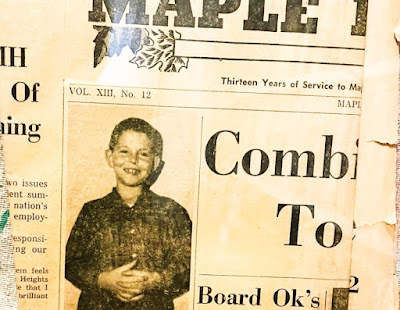
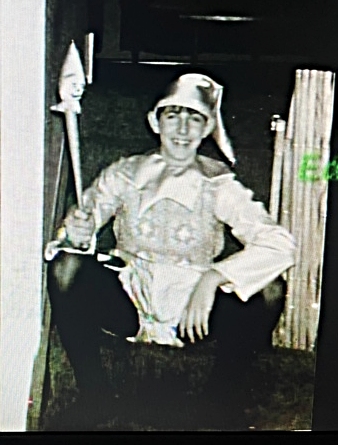


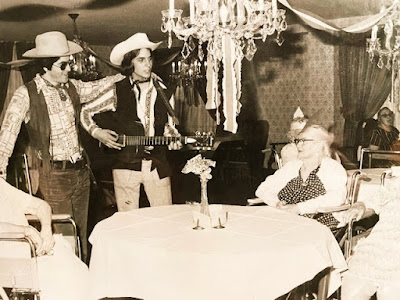






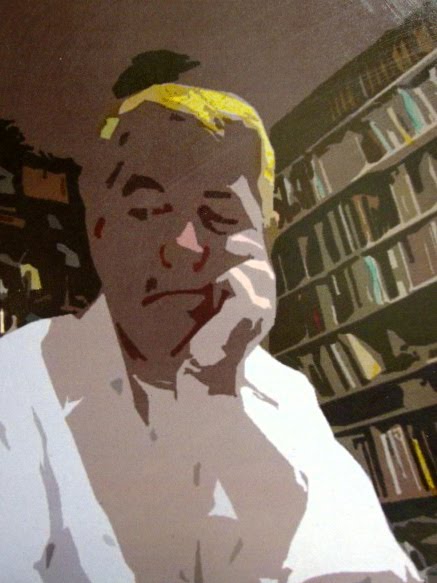

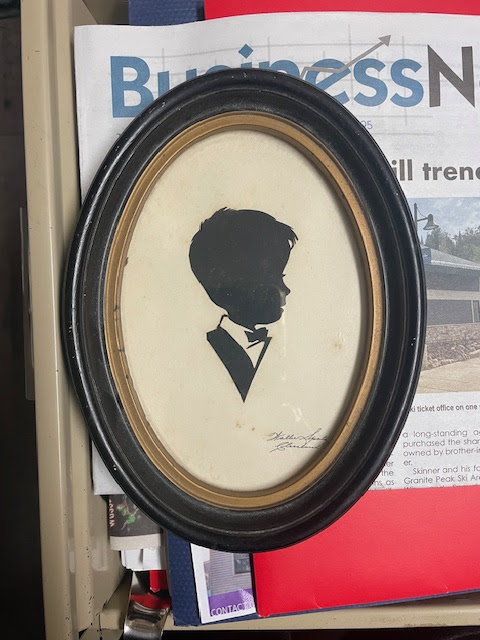



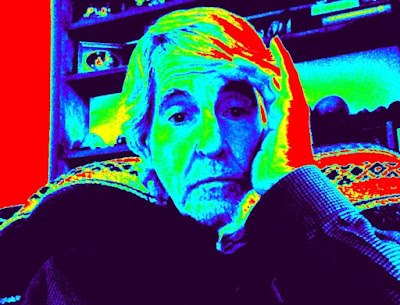



.JPG)



